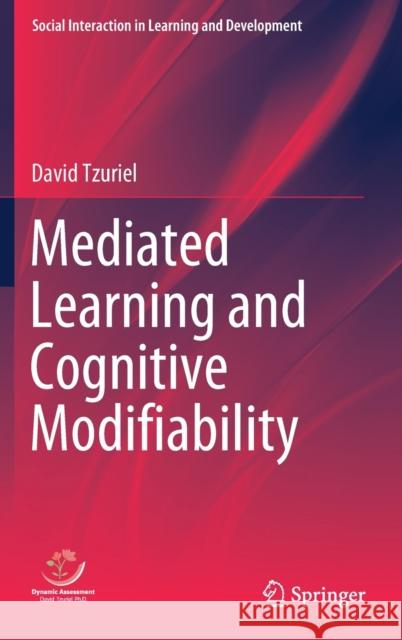Mediated Learning and Cognitive Modifiability » książka
topmenu
Mediated Learning and Cognitive Modifiability
ISBN-13: 9783030756918 / Angielski / Twarda / 2021 / 529 str.
Kategorie:
Kategorie BISAC:
Wydawca:
Springer
Seria wydawnicza:
Język:
Angielski
ISBN-13:
9783030756918
Rok wydania:
2021
Wydanie:
2021
Numer serii:
001220589
Ilość stron:
529
Waga:
0.96 kg
Wymiary:
23.39 x 15.6 x 3.17
Oprawa:
Twarda
Wolumenów:
01
Dodatkowe informacje:
Wydanie ilustrowane











